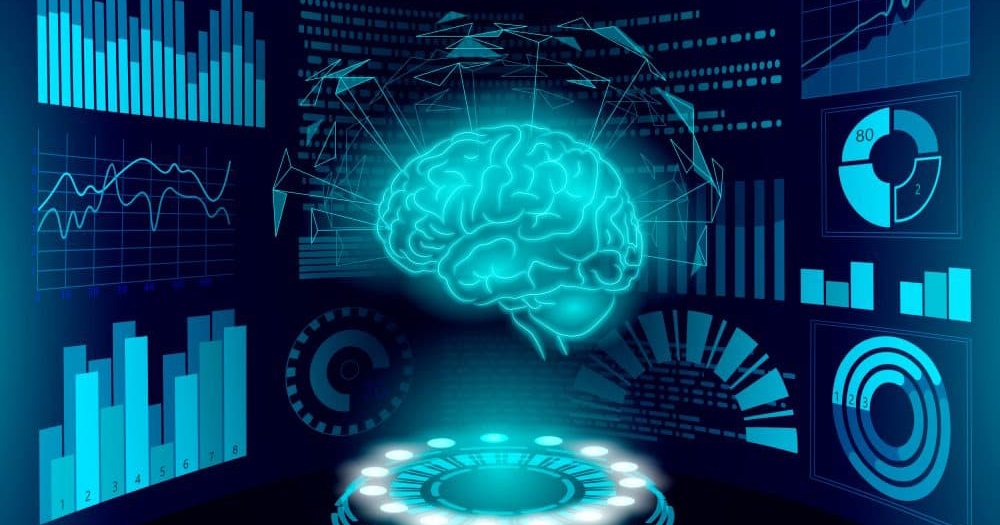An AI-powered device that can detect cognitive impairment?

It starts subtly — maybe you trip more often, or it takes longer to rise from a chair. Most of us brush these moments off. But what if those small stumbles were early clues to something deeper, like mild cognitive impairment (MCI)? Researchers at the University of Missouri are betting on that possibility. They've built a simple, portable device that uses artificial intelligence to catch these early signs — and potentially help stave off Alzheimer's before it takes root.
"Moving is an important part of who we are," said Trent Guess, associate professor and one of the lead researchers. "It's rewarding to see that this portable system can be beneficial in a lot of different ways."
How does it work?
At first glance, the setup looks unassuming: a depth camera, a force plate, and a tiny interface board. But together, these gadgets paint a rich picture of how someone moves — how they balance, how quickly they rise, how confidently they walk.
Here's what the researchers did:
- They asked older adults to do three simple tasks: stand still, walk, and get up from a bench.
- But there was a twist: participants had to count backwards in sevens while performing each task.
That's where the magic happens. This dual-task challenge — moving and thinking — lights up overlapping parts of the brain. When something's off, it shows up in the way a person moves.
The device captures all of this and feeds the data into a machine learning model. The result? The system correctly identified 83% of the participants with MCI.
"These can be very subtle differences in motor function related to balance and walking," Guess said, "that our new device is able to detect but would go unnoticed through observation."
Why does it matter?
Here's the kicker: only about 8% of people in the U.S. who likely have MCI ever get an official diagnosis. That means millions are walking around unaware that they're on the cusp of something much more serious.
"Alzheimer's disease is a significant problem here in the U.S.," said Jamie Hall, associate teaching professor in the College of Health Sciences. "We know that if we can identify people early, we can provide early intervention to halt or slow the progression of the disease."
The implications are massive:
- Early detection means earlier treatment — especially as new drugs hit the market for MCI.
- A device that's portable and cheap could be rolled out across senior centers, clinics, even community fairs.
- It's not just about Alzheimer's; the system could also screen for fall risk, frailty, concussions, Parkinson's, and more.
The context
The urgency is clear. According to the CDC, the number of Americans with Alzheimer's could more than double by 2060. That's a staggering rise — and a ticking clock.
But this isn't just about data and devices. It's deeply personal.
"Many of those who came in to be tested either have been diagnosed with MCI or have a family member who has Alzheimer's disease," Hall said. "So they feel strongly about helping us move this forward. It really amplifies why this is so important to me."
The team isn't stopping here. They're expanding their research, refining the tech, and exploring new use cases. Imagine this system at your local health fair or rehab center — giving people a head start in a race they didn't know they were running. Sounds cool, doesn't it?
💡Did you know?
You can take your DHArab experience to the next level with our Premium Membership.👉 Click here to learn more
🛠️Featured tool
 Easy-Peasy
Easy-Peasy
An all-in-one AI tool offering the ability to build no-code AI Bots, create articles & social media posts, convert text into natural speech in 40+ languages, create and edit images, generate videos, and more.
👉 Click here to learn more


